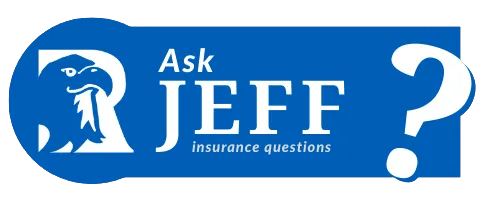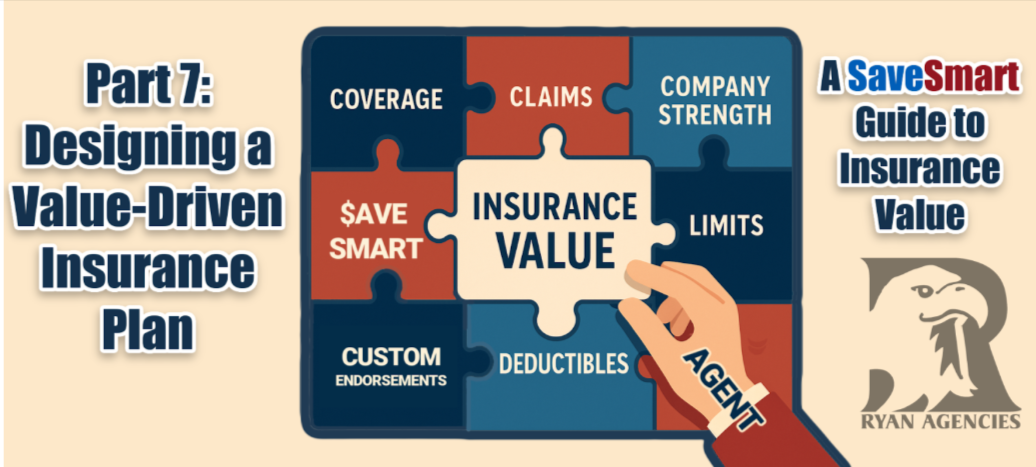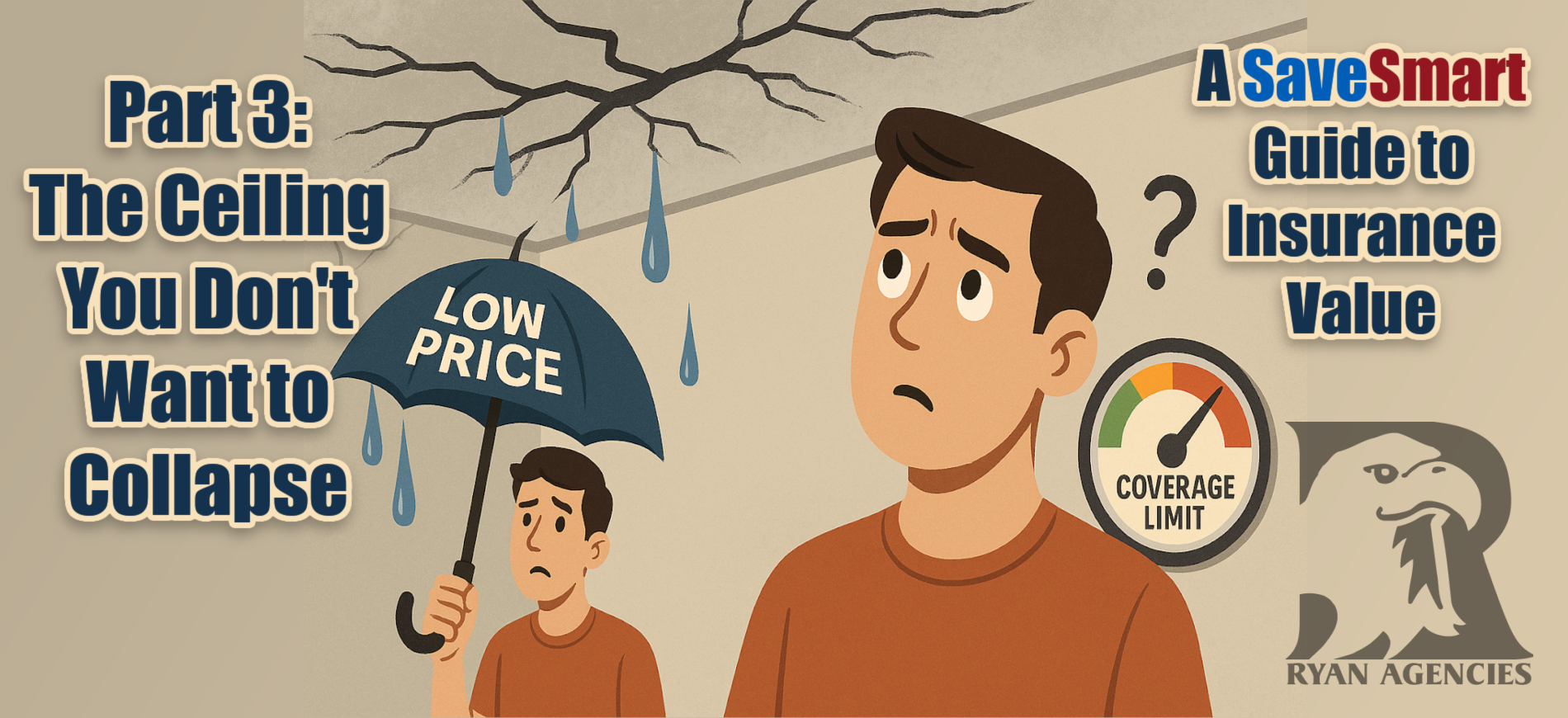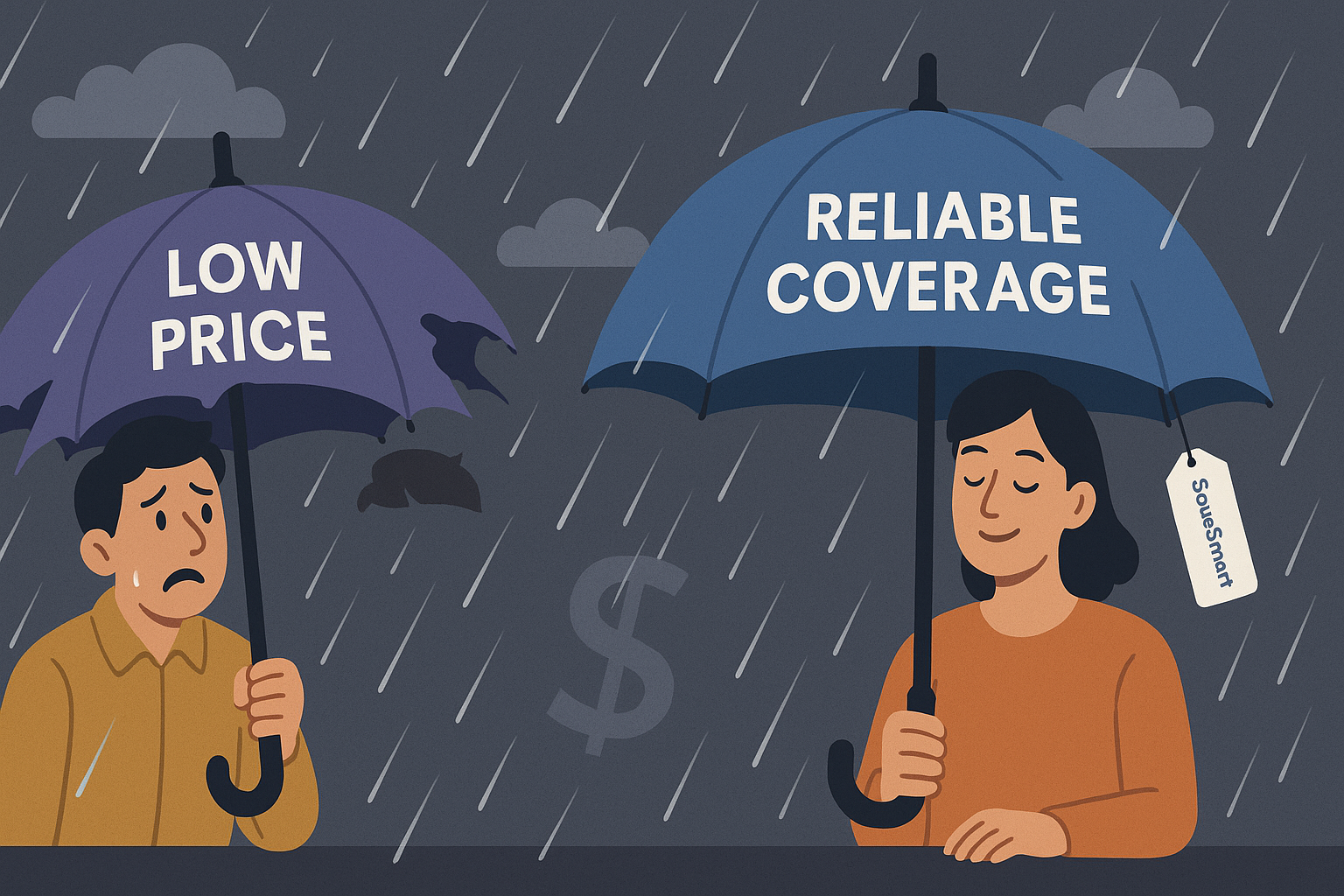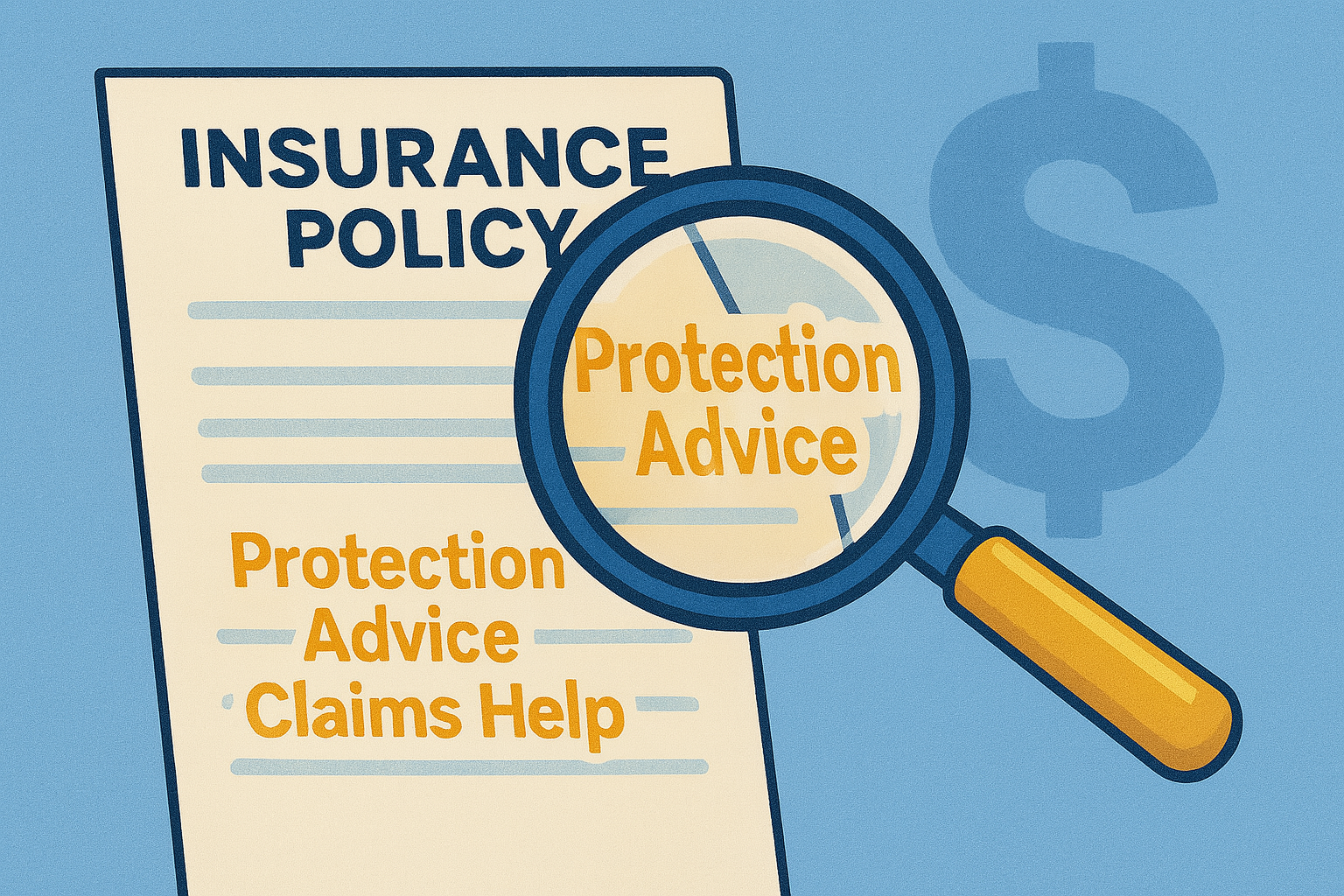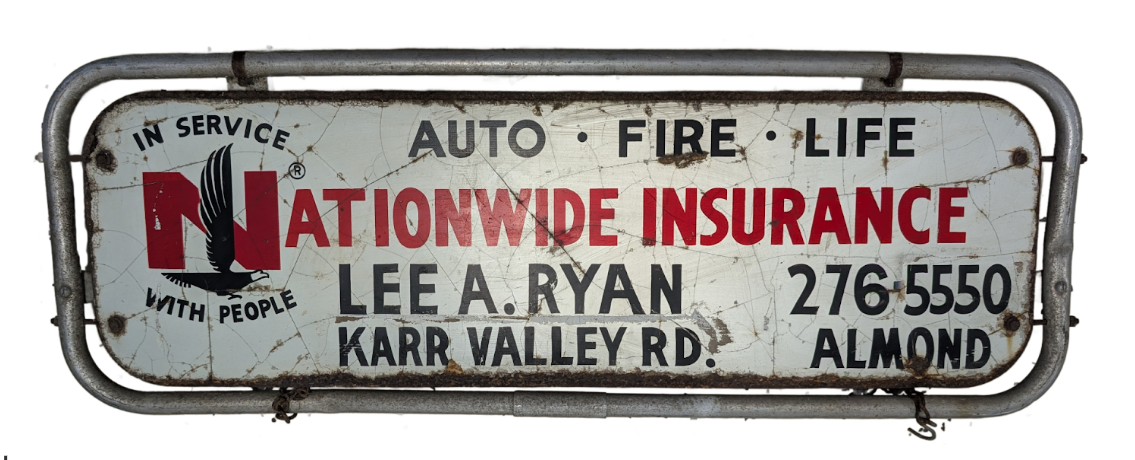This Ask Jeff article aims to outline the insurance options for E-Bikes. The solutions differ significantly from their non-powered counterparts.
In this Ask Jeff article, we answer:
- First… what is an E-Bike?
- What kinds of coverage should be considered for an E-Bike?
- Why are E-Bike insurance solutions different than their non-powered counterparts?
- And, what are the best options for insuring an E-Bike?
First, What is an E-Bike?
In 2002 the federal government enacted legislation that defined classes of E-Bikes.
Subsequently, individual US States have started to enact their own regulations tied to
House Bill HB727. The classifications of electric-powered bikes generally fall into the following categories:
- Class 1 Electric Bikes
- Pedal Assistance: Yes
- Throttle: No
- Max Assisted Speed: 20 mph
- Speedometer Required: No
- Class 2 Electric Bikes
- Pedal Assistance: Optional (may be throttle-only)
- Throttle: Yes
- Max Assisted Speed: 20 mph
- Speedometer Required: No
- Class 3 Electric Bikes
- Pedal Assistance: Yes
- Throttle: Optional (may be pedal-assist only)
- Max Assisted Speed: 28 mph
- Speedometer Required: Yes
- Class 4 Electric Bikes - generally classified as a MOPED
- Pedal Assistance: Optional (may be throttle-only)
- Throttle: Optional (may be pedal-assist only)
- Max Assisted Speed: No limit
- Speedometer Required: Yes
In this article, we'll talk about Classes 1 through 3 and how they impact insurance for owners.
What kinds of coverage should be considered for an E-Bike?
- Physical Damage to the E-Bike itself including:
- Collision with other objects
- Comprehensive, which includes Fire, Theft, and Vandalism
- Coverage for parts and accessories
- Liability for injury to or property damage to others.
The potential risks for electric bicycles are legit. The bikes create a greater need for liability coverage as they move faster and are much heavier than regular bicycles. E-Bikes carry a higher risk of damage to property and causing bodily injury.
With an average cost of around $3000, E-Bikes can be expensive. Entry-level bikes start around $1,000, and top-of-the-line models can command over $10,000.
Why are E-Bike insurance solutions different from their non-powered counterparts?
The answer is in the question. E-Bikes are “powered.” Unlike a regular bicycle, unless otherwise endorsed, homeowners policies treat electric-powered bicycles similarly to motorized vehicles. Within every homeowner insurance policy, you’ll find many references to the term “vehicles.” The use of that term comes with restrictions and exclusions in coverage. Why? Home insurance policies do not intend to cover motor vehicles.
Though some homeowners policies may contain minimal coverage, it would be wise for policyholders to assume that the major types of losses associated with E-Bikes are significantly limited or excluded.
What are the best options for insuring an E-Bike?
Auto Insurance - Though a few auto insurance companies have expanded coverage for electric bicycles, most have not. The barriers to insuring E-Bikes on auto insurance policies include:
- Inappropriate coverage forms for a unique vehicle not subject to MVR Registration and not used on public roads.
- Rating a powered bicycle requires different variables than motorcycles.
Homeowners Insurance - As mentioned above, homeowners insurance policies have not been the place to find coverage for E-Bikes because of the motorized component. Because of that, most homeowner policies severely limit or flat-out exclude coverage for electric-powered bicycles.
As E-Bikes' popularity grows, some homeowners insurance companies are amending policies to allow for broadened (but still limited) coverage on what is referred to as “electric” or “motorized” bicycles or “low-power” recreational vehicles. As companies sort this out, homeowner policy endorsements may be an option for those seeking insurance options.
An E-Bike Insurance Policy - If your homeowners or auto policy doesn’t cover your E-Bike, the best solution is a specific E-Bike policy. Several insurance companies are now offering coverage for these unique conveyances.
These E-Bike policies provide coverage for Comprehensive, Collision, and Liability similar to that offered with your auto insurance.
Starting at around $100 per year, the cost of a policy is affordable. Premiums vary based on the bike's value, the coverage chosen, and your location. They can include physical damage, liability, and other enhanced coverage.
At the Ryan Agency, we have access to specialty carriers extending physical damage and liability coverage for clients with E-Bikes. We would also be glad to review the current limitations of your homeowners insurance related to these vehicles.
For those who wish to transfer the risks of loss associated with these new forms of recreational vehicles, we
welcome your call, text or
email



